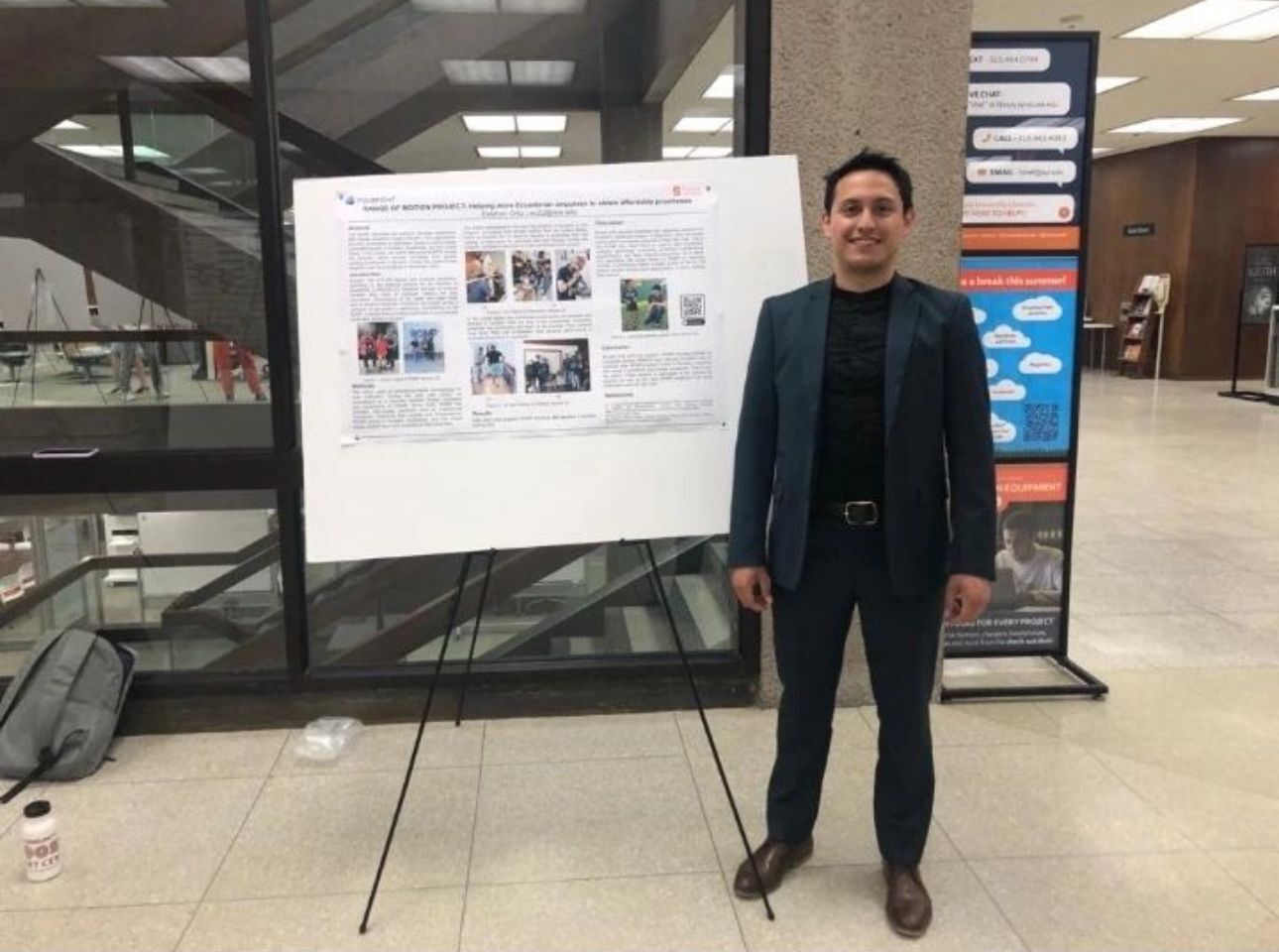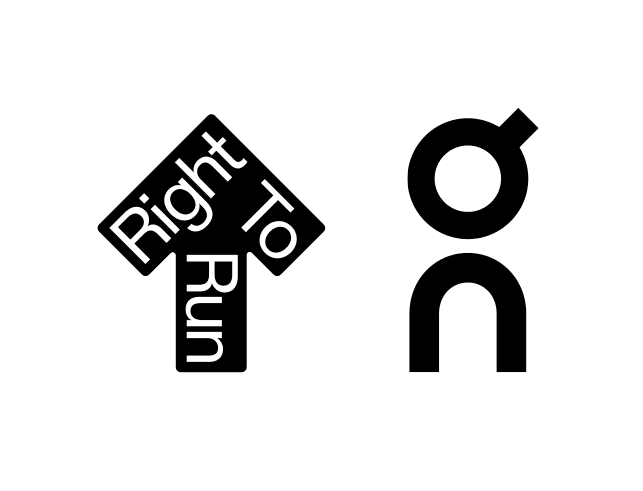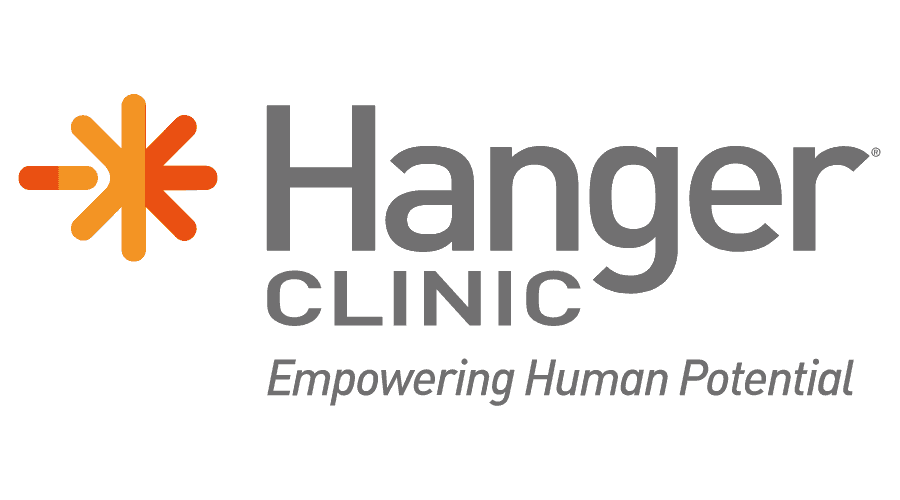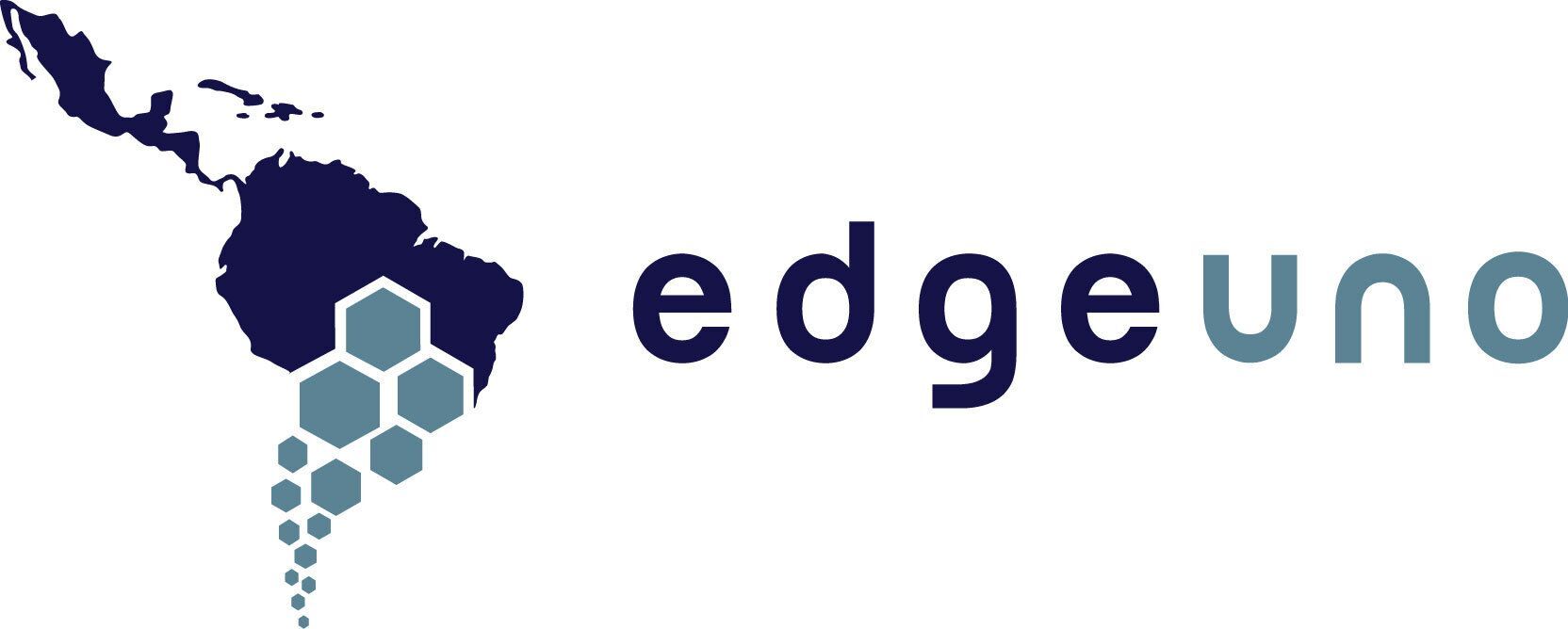
In a world where the boundaries between technology and humanity are continually blurring, individuals like Esteban Ortiz stand as beacons of innovation and compassion, bridging the realms of academic pursuit and societal impact. His journey, from volunteering with the ROMP to pursuing a master's degree in Bioengineering at Rice University through the Fulbright Ecuador scholarship, exemplifies a fusion of intellectual rigor and altruistic endeavor, charting a course towards a future with hope and empowerment for people experiencing limb loss.
In 2022, Esteban began volunteering at ROMP. That same year, Esteban received the Fulbright Ecuador scholarship. This scholarship opened the doors for him to travel to the United States and pursue a professional master's degree in Bioengineering at Rice University. During his time in the United States, Esteban has had the opportunity to expand his academic and social reach. In July 2023, as part of his Fulbright experience, Esteban represented ROMP at Syracuse University, NY, presenting work that highlighted the importance of ROMP's mission and how it has positively impacted numerous individuals who, in addition to facing amputation, are in socio-economic vulnerability situations. Following his experience in Syracuse, Esteban continued his academic journey in August 2023, heading to Houston, Texas, to begin his master's degree at Rice University. During his time at this prestigious institution, Esteban acquired a wide range of skills in the field of biomechanics. Among the multiple approaches he has worked on, Esteban has delved into understanding the kinematic analysis of mechanical systems used to restore mobility to people who have undergone amputations. Recognizing the transformative potential of this approach, Esteban is committed to using his knowledge to make a significant difference in the performance and quality of life of people adapting to new prosthetics. Studying the kinematics of joints such as the knee, hip, or ankle in people with prosthetics is very important because it allows us to understand how these artificial joints adapt and function in the human body. It is crucial to optimizing the design and fitting of prosthetics, ensuring adequate mobility, minimizing the risk of injuries, and improving users' quality of life.
Additionally, analyzing the kinematics of these joints provides valuable information for developing new technologies and therapeutic approaches in prosthetic rehabilitation. Currently, Esteban is working to improve joint kinematics and understanding in people with prosthetics by leveraging the advantages of Inertial Measurement Units (IMUs). This innovative approach aligns perfectly with his previous dedication to community service and his academic experience in biomechanics. By integrating the capabilities of IMUs with his deep knowledge of kinematic analysis, Esteban is committed to applying this cutting-edge technology to drive more effective and accessible solutions in prosthetic rehabilitation, especially for amputees who want to engage in sports. His work promises to advance the understanding of how prosthetics impact joint function and provide practical tools to improve amputees' quality of life and participation in sports activities.
Through Esteban's story, we discover not only the power of innovation to shape the future of healthcare, but also the importance of empathy and compassion in driving meaningful change.










